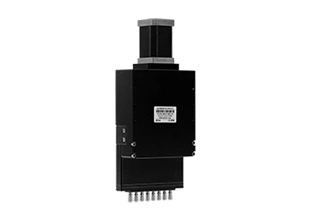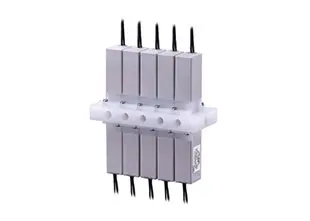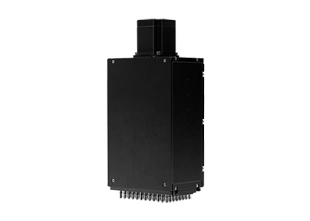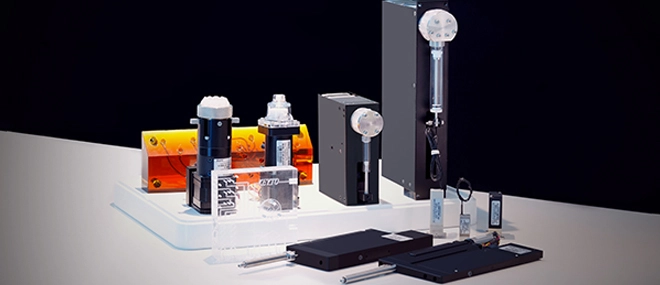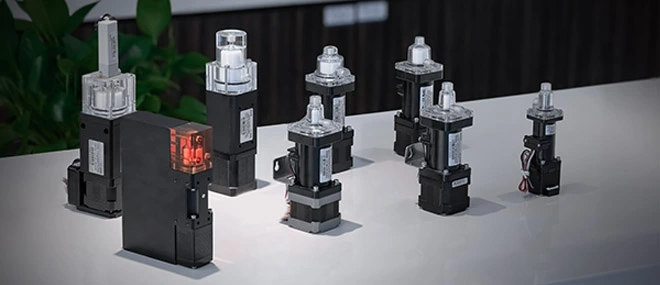Understanding Tumor Biology with Custom Microfluidics
Custom microfluidics has emerged as a powerful tool in cancer research, particularly in understanding tumor biology. Microfluidic devices, designed to manipulate fluids at the microscale, can be customized to mimic the tumor microenvironment. This provides a controlled setting for researchers to study the behavior of cancer cells, offering valuable insights into their interaction with their surroundings.
For instance, these devices can be used to investigate how cancer cells respond to hypoxia, a condition often found in solid tumors where cells are deprived of adequate oxygen supply. Understanding these responses can help researchers develop more effective treatments that target the unique vulnerabilities of cancer cells under these conditions.
Moreover, custom microfluidics can be used to study the process of metastasis, where cancer cells detach from the primary tumor, invade surrounding tissues, and travel through the bloodstream to form secondary tumors. By recreating the conditions of the bloodstream within a microfluidic device, researchers can observe this process in real-time, providing crucial insights into the mechanisms of cancer spread.
Advancing Personalized Cancer Treatment with Custom Microfluidics
Custom microfluidics also holds significant promise in advancing personalized cancer treatment. By creating a microfluidic model of a patient’s tumor, known as a patient-derived organoid (PDO) model, researchers can test different drugs or drug combinations to determine the most effective treatment strategy.
This approach can help predict a patient’s response to different treatments, reducing the risk of ineffective therapy and adverse side effects. It also allows for high-throughput screening of potential therapeutic agents, accelerating the process of drug discovery and development.
Furthermore, custom microfluidics can be used to isolate and analyze circulating tumor cells (CTCs) from a patient’s blood sample. These CTCs can provide important information about the characteristics of the tumor and its response to treatment, enabling non-invasive monitoring of tumor progression and therapeutic response.
Developing Personalized Cancer Vaccines with Custom Microfluidics
Another exciting application of custom microfluidics in cancer research is in the development of personalized cancer vaccines. These vaccines are designed to stimulate the patient’s immune system to recognize and attack cancer cells, offering a promising approach to cancer treatment.
By analyzing a patient’s immune response in a microfluidic device, researchers can design a vaccine that is specifically tailored to the patient’s immune system. This can increase the vaccine’s effectiveness and reduce the risk of side effects.
In conclusion, the use of custom microfluidics in cancer research and treatment has the potential to significantly improve our understanding of cancer biology and enhance the effectiveness of cancer therapy. As technology continues to advance, the application of custom microfluidics in this field is expected to become increasingly widespread.





